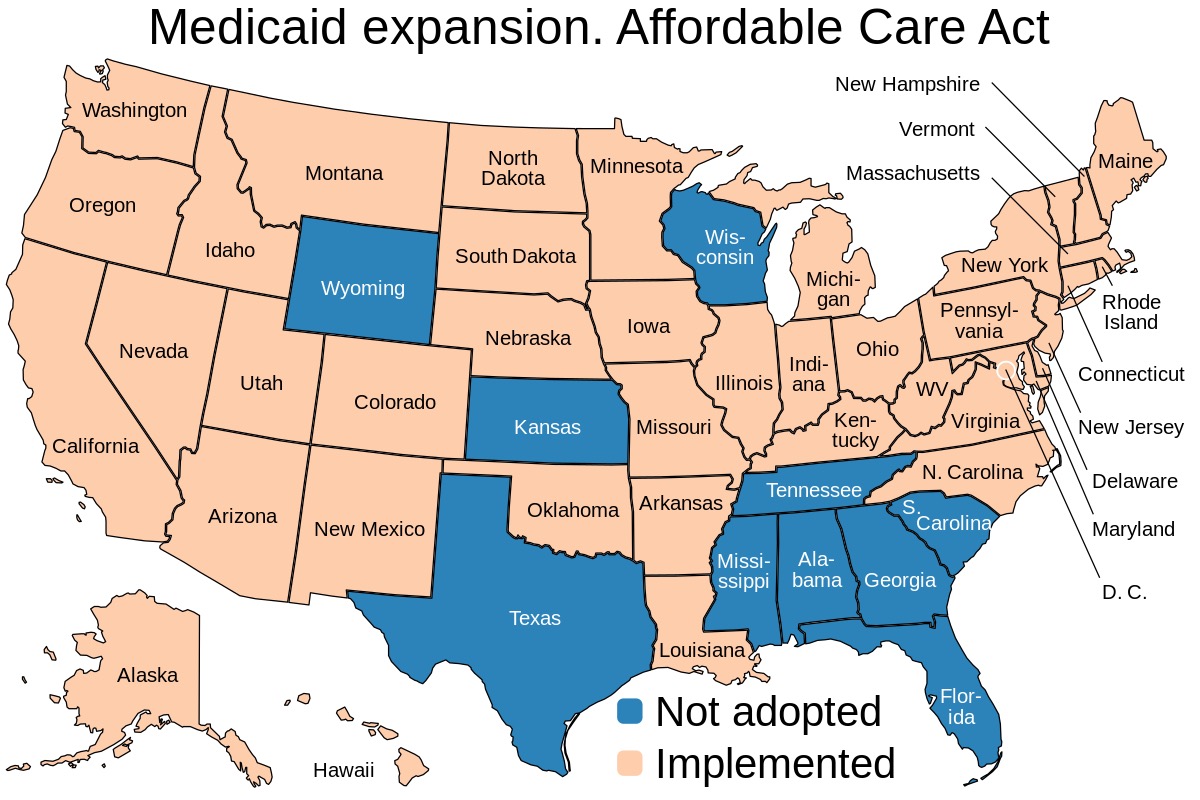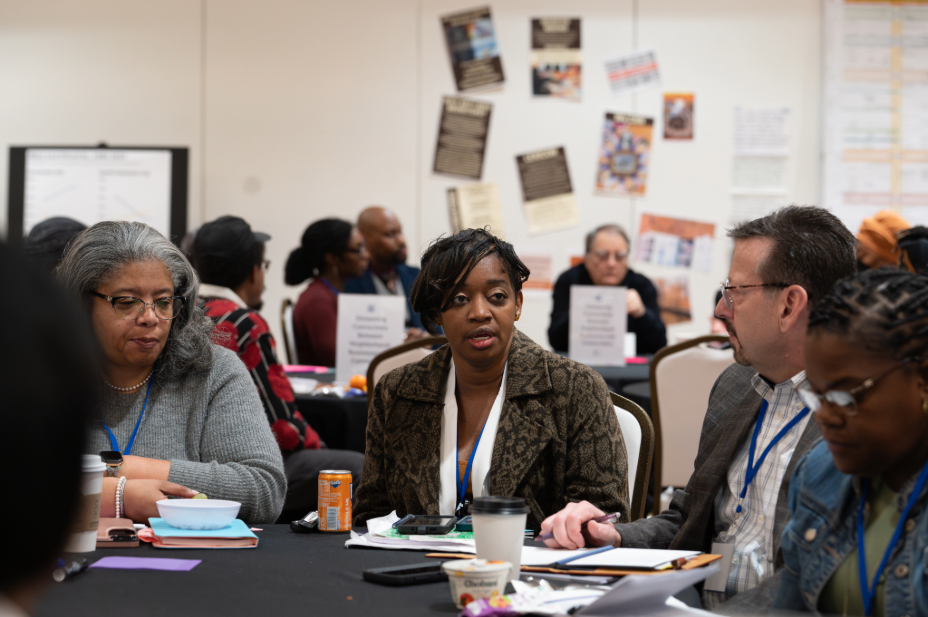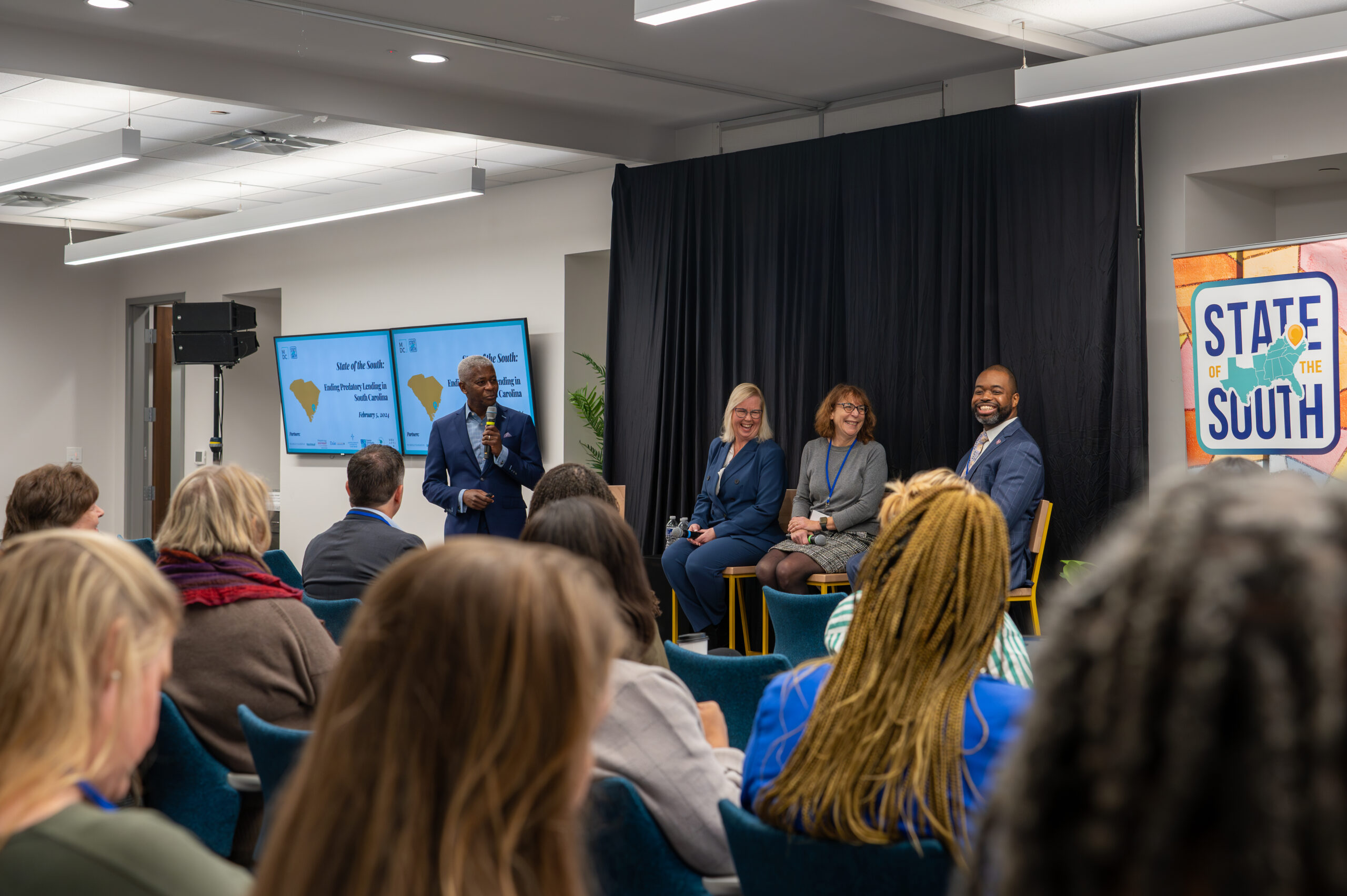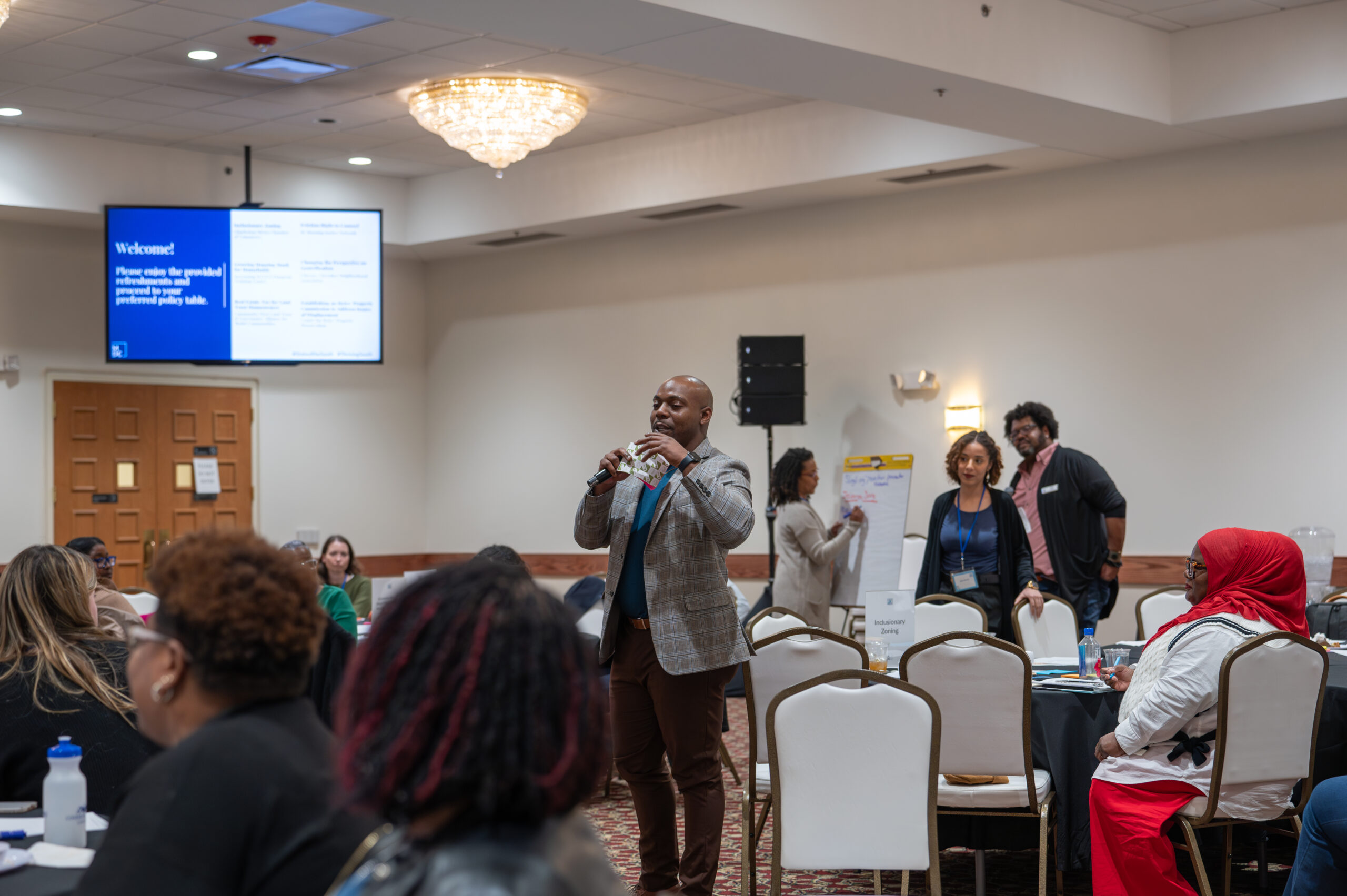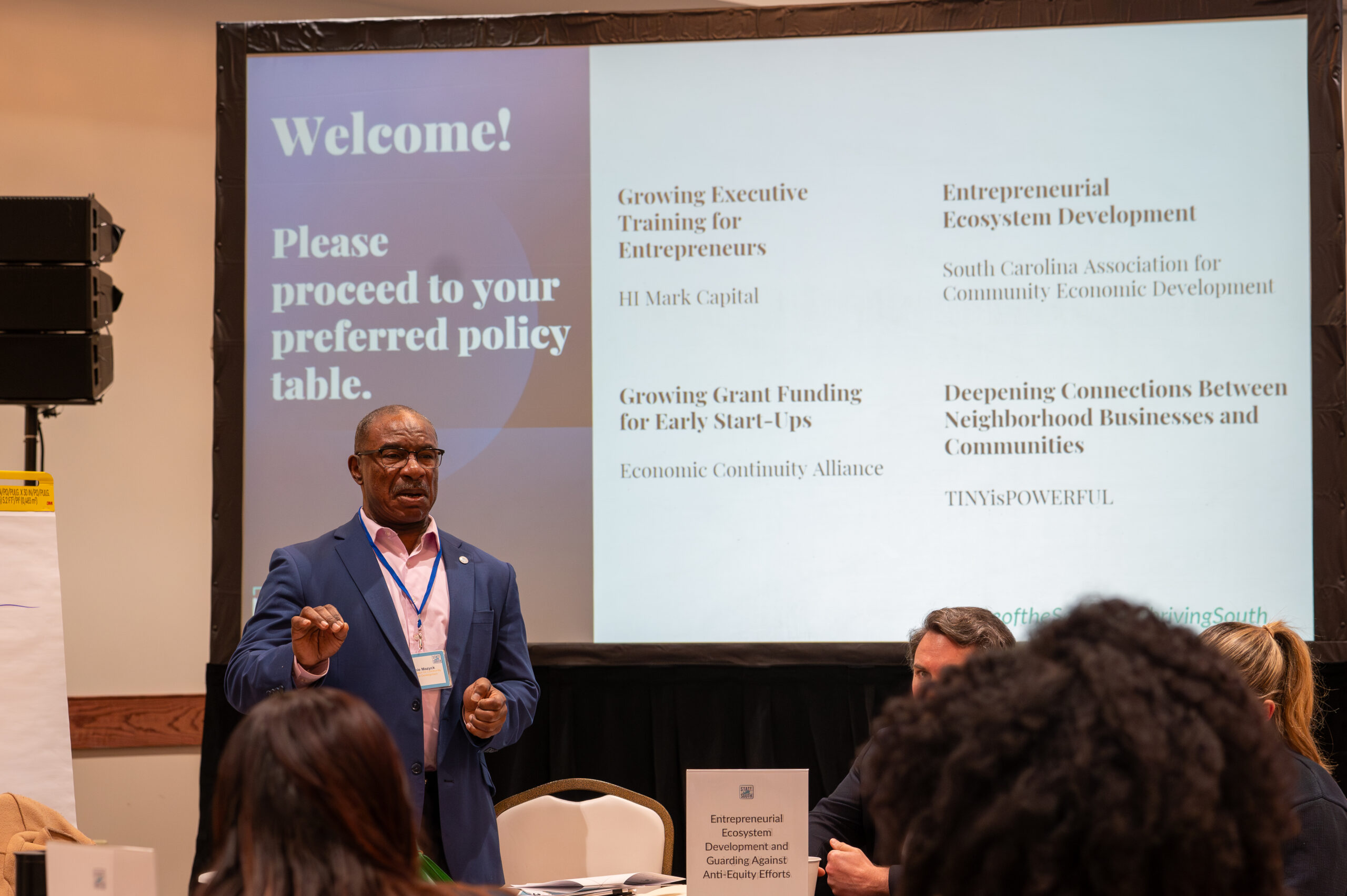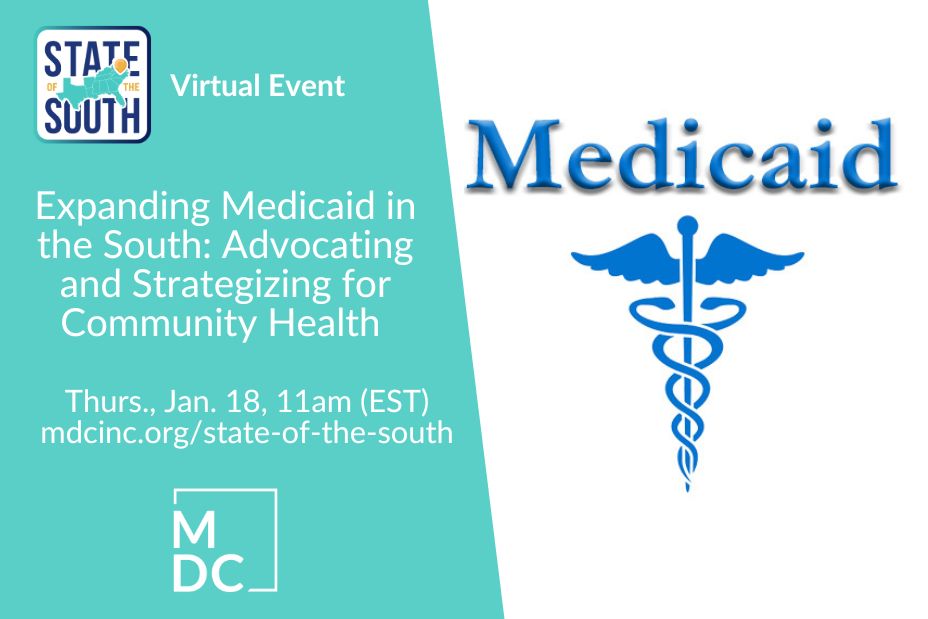John L.S. Simpkins, the President and CEO of MDC recently authored, “Commentary: Medicaid expansion is a win for North Carolina. It can be for South Carolina too.” for The Post and Courier.
On Dec. 1, 2023, when the gates opened for Medicaid expansion in North Carolina, people of all kinds were standing outside, waiting to enter a long-awaited future. They were people in the coverage gap — not quite low-income enough to qualify for Medicaid, but not high-income enough to qualify for a private-market health insurance subsidy. They were service workers and health care workers, educators and artists.
Many of them had foregone primary care; others may have put off essential visits to specialists, because in the coverage gap, the cost of medical care is prohibitively expensive. Some, struggling with substance use or mental health difficulties, may have run into trouble with the law. Others didn’t make it to the gates at all.
Since that day, more than 265,000 prescriptions have been filled by the folks who were in the coverage gap but now have access to care. One of the most common prescriptions of these 265,000 is gabapentin, commonly used to alleviate debilitating nerve pain. But celebrating the notion that people now have access to long-awaited relief requires us to consider not only how long they had to wait but also all the other people in the South who are still waiting today.
At MDC, our mission began in the 1960s as part of North Carolina’s War on Poverty, and since then, we’ve supported partners throughout the South who seek to change the systems that keep Southerners poor. When 1 in 6 Southerners live in poverty, and Southerners born into poor families are likely to remain just as poor as adults, it’s clear that, decades later, Southern opportunity and prosperity are still out of reach for many.
In my home state of South Carolina, political leaders have not yet expanded Medicaid. The same is true in Georgia, Texas, Florida, Alabama, Mississippi and Tennessee. These seven Southern states rank among the 10 states nationwide that have not yet adopted Medicaid expansion since the federal subsidy went into effect a decade ago. In these seven states, an estimated 1.8 million people live in the coverage gap, vulnerable to their luck and circumstances as they wait for their states to act.
When I look at the map of states that have not yet expanded Medicaid and the map of states where poverty is entrenched and economic mobility remains out of reach, I see the same map, showing what happens when we don’t invest in the health and prosperity of our people.
Without stable access to health care, it’s hard to do much of anything. Maybe you have chronic pain that requires prescription medication, or a hormonal condition that requires frequent visits to specialists. Maybe you skip routine primary care, which means you miss the early warning signs of ovarian cancer. Maybe the hospital in your rural community closed — because so many of your neighbors are uninsured — and ambulances have to come from farther away if you get in an accident.
All these things sap your potential to live a comfortable, productive life. And all the things that may help you get ahead — going back to school, earning a promotion, starting a small business, saving for a down payment — become near-impossible without access to the health care you need.
And when an entire community is locked out of this essential health care, as many communities throughout the South are, it holds everyone back. We can invest in housing and education, economic development and social services, but without expanding access to health care, our efforts to root out poverty will fall short. If, on the other hand, we want to unlock a bright future for Southern communities and economies, we know just where to begin.



